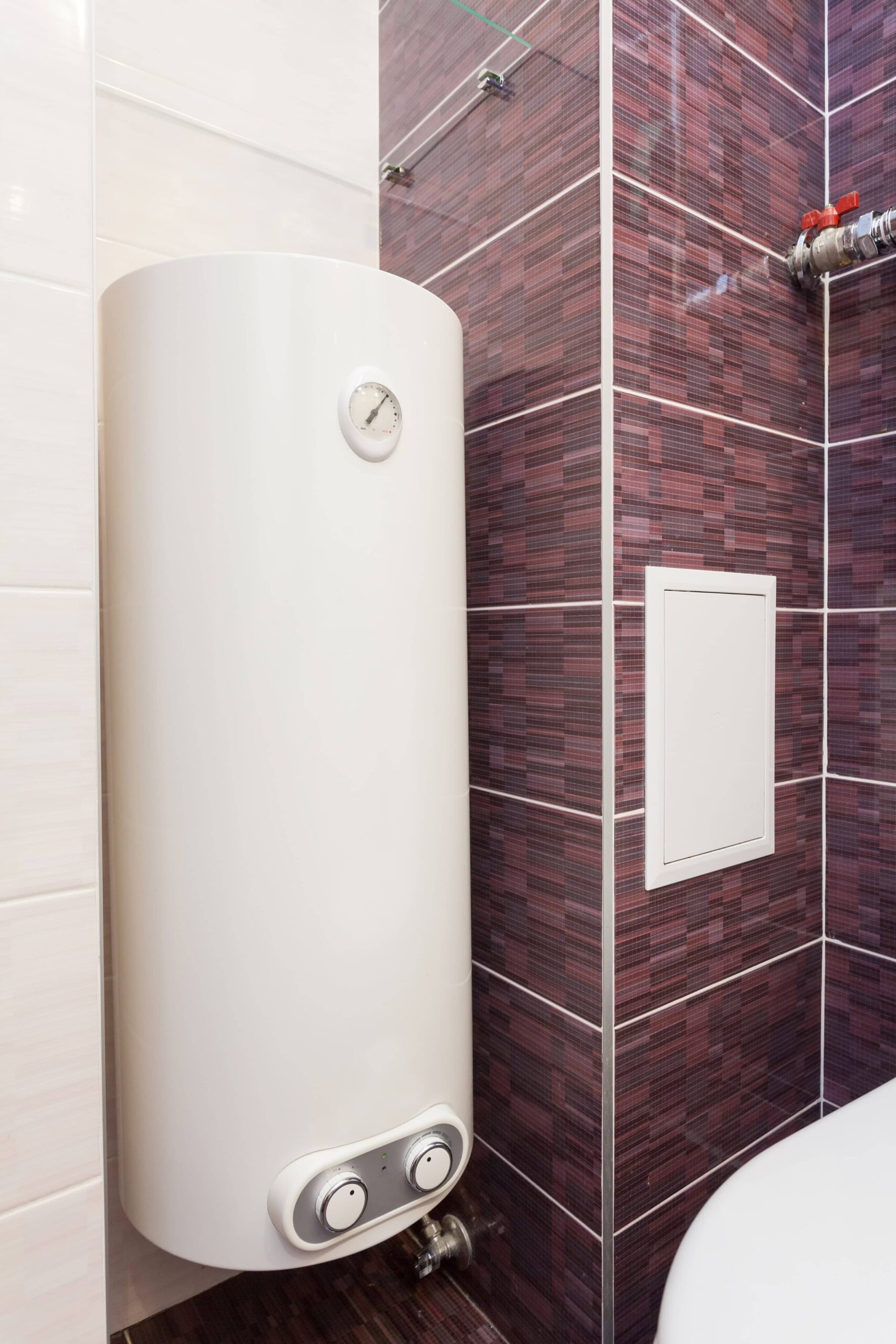Electric Boilers
Electric Boilers are fast becoming the go to system instead of gas, oil or LPG. Coupled up with a solar PV installation, this could save you a few pennies. Get a free estimate from our team at Green Energy Homes to see if you could save.
Get An Instant Quote

Electric Boilers
An electric boiler works very similarly to a traditional gas boiler, except it heats water by passing an electric current through a heating element rather than by burning gas – essentially operating like a giant kettle (it doesn’t boil the water, though).
You may want to opt for an air source heat pump instead though, this is even more cost saving compared to using an electric boiler in terms of running costs. Plus, you get £7500 and 0% VAT towards the installation.
See our Heat pump page for more informationElectric boilers connect to a central heating system to heat the water in your radiators and provide hot water to your taps and showers.
Types of electric boilers like gas boilers, electric boilers can be either a combination (combi) system or heat-only (regular) boilers. Combi boilers heat water for your taps and radiators ‘on demand’. They don’t need external hot water storage cylinders, making them suitable for properties with less space. But as they heat the water as you need it, this uses more power than a heat-only or system electric boiler.
Heat-only boilers provide heat directly to your radiators and connect to a water tank to provide hot water. They are best suited for larger homes with a greater hot water demand. This is because they heat and store hot water when you need it, rather than heating it ‘on demand’ like a combi boiler, which may not be able to heat it fast enough to meet demand.
However, they take up more space than a combi or system boiler as they need two tanks – a hot water tank that stores the hot water ready for use (usually kept in an airing cupboard) and a cold-water feed tank that’s usually placed in a loft and fills up from the mains water supply.
When it comes to system boilers, they function similarly to heat-only boilers but incorporate components like pumps and valves within the boiler unit itself, rather than externally. This design streamlines the system, requiring only a hot water tank and saving valuable space. Some manufacturers sell models with an integrated hot water cylinder instead of you needing to buy a separate one. These are designed to fit entirely with a standard airing cupboard, so it could be an attractive ‘all-in-one’ solution if you have the space.
There is no one-size-fits-all solution, so it’s worth taking some time to consider the pros and cons of different systems before parting with your money. Here, we’ve summarised the key pros and cons of electric boilers; we delve into what you need to know in more detail later in the page. Remember that every home is different – you should always get an expert local engineer to assess your home before making any decisions.
Unlock Significant Savings on Eco-Friendly Heating! Receive £7,500 Grant Towards Your Air Source Heat Pump and Ground Source Heat Pump Installation.
Electric boiler cons
May not be suitable for larger homes – electric boilers typically have lower maximum outputs, meaning they may struggle to meet the higher heating and hot water demands of larger homes. They’ll be fine for smaller homes though, and we’ll explain why later.
Other electric heating options may be cheaper to run – for example, heat pumps are more energy-efficient, and infrared panels use less electricity to provide the same amount of heat. Both can have higher upfront costs, though, and may not be suitable for all homes.
Electric boiler pros
Have fewer moving parts – so are less likely, in theory, to develop a fault. Quieter than gas boilers – mainly due to fewer moving parts. If your boiler is in a room, you spend lots of time in, an electric one may be softer on the ears.
Can be placed almost anywhere in the home – they don’t need a flue or gas pipe to run to them, so can even be placed on an internal wall. No risk of a carbon monoxide leak – this is a risk in faulty gas boilers if the gas is not burned completely due to a lack of oxygen and the resulting carbon monoxide escapes into your home.
While they are still available for now, eventually the only heating solutions will be lower-carbon ones. Similar in size and with comparable installation costs to a gas boiler, an electric boiler solution may appeal to those looking to reduce their carbon footprint sooner rather than later. And, for homes where a heat pump isn’t currently viable, they could be the best option.
Read on to find out more and installation and running costs, how they stack up against alternatives and if it makes sense for you to make the switch to an electric boiler now. New gas boiler installations aren’t likely to be phased out until the mid-2030s. If you’re not yet ready to make the switch to electric, head to our boiler page and have a look at gas, oil, LPG boilers or alternatively why not look at an air source heat pump found on our air source heat pump page.
New gas boiler installations aren’t likely to be phased out until the mid-2030s. If you’re not yet ready to make the switch to electric, head to our boiler page and have a look at gas, oil, LPG boilers or alternatively why not look at an air source heat pump found on our air source heat pump page.
Request A Callback
Contact Us Now!

